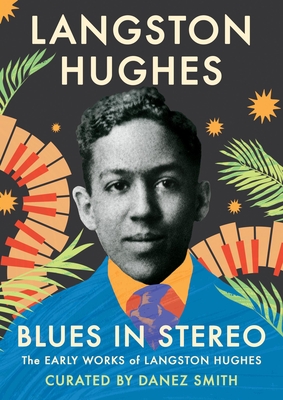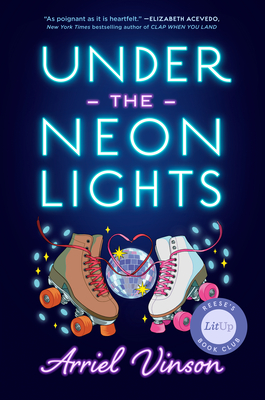Description
Publishers Weekly’s Top Ten Fall 2024 Poetry Books
From Harlem Renaissance poet Langston Hughes, a stunning collection of early works written from 1921-1927 curated by award winning poet and National Book Award finalist, Danez Smith. Hanif Abdurraqib calls the collection of polished poems and raw, unfinished, works-in-progress, “a gift to any poet working at any stage of their life and career.” Before Langston Hughes and his literary prowess became synonymous with American poetry, he was an eighteen-year-old on a train to Mexico City, seeking funds to pursue his passion. Beloved verses like “The Negro Speaks of Rivers,” were written without formal training, often on the back of napkins and envelopes, and were inspired by the sights and sounds of Black working-class people he encountered in his early life. Blues in Stereo is a collection of select early works, all written before the age of twenty-five, in which we see Langston Hughes with fresh eyes. From the intimate pages of his handwritten journals, you will travel with Hughes outside of Harlem as he travels the world, celebrate love as a tool of liberation, and enjoy his musical verse poetry, including a play he cowrote with Duke Ellington with a full score. Blues in Stereo foreshadows a master poet that will go on to define literature for centuries to come. And by keeping his original, handwritten notations found in archival material, we get to witness a genius’s earliest thought process in real time. National Book Award-nominated poet Danez Smith offers their insight and notes on themes, challenges, and obsessions contained in Hughes’s early work.Binding Type: Hardcover
Contributors: Langston Hughes, Danez Smith (Editor)
Published: 11/19/2024
Publisher: Legacy Lit
ISBN: 9781538768914
Pages: 144
Weight: 0.50lbs
Size: 0.60″ H x 7.10″ L x 4.90″ W
About the Author
Langston Hughes was born in Joplin, Missouri in 1901. Often called ‘The People’s Poet, ‘ he authored and edited over thirty works poetry, novels, plays, essays, and children’s books. He was a poetic innovator and a central figure of the Harlem Renaissance, and his writing promoted equality, condemned racism and injustice, and helped shape American literature and politics. He died on May 22, 1967, in New York City.





Reviews
There are no reviews yet.